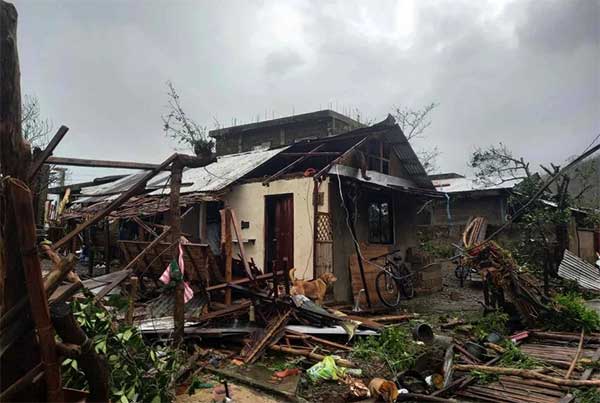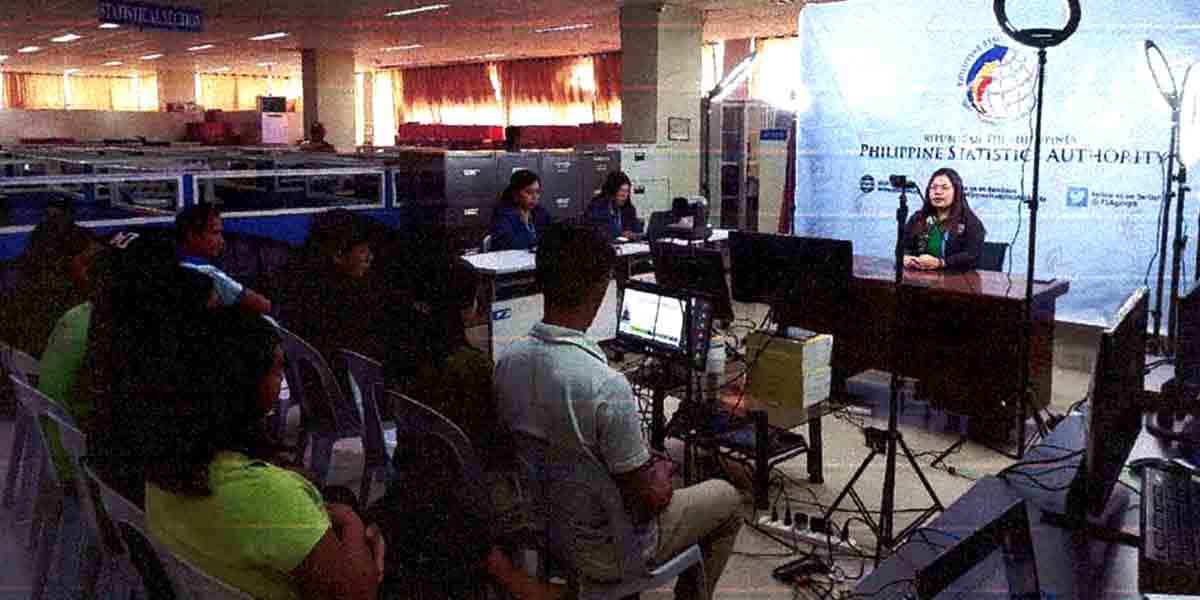
Plan International is delivering critical aid to communities devastated by Super Typhoon Man-Yi, locally known as Pepito, which struck the Philippines as the sixth major storm in less than a month.
The non-governmental organization is prioritizing at-risk communities, preparing water, hygiene kits, and menstrual hygiene management kits for displaced families. Disaster response centers have been activated in hard-hit areas, including Catanduanes in Luzon and Eastern Samar in the Visayas.
Initial reports indicate extensive damage to infrastructure, homes, and livelihoods in Catanduanes. The storm affected over 1 million people already reeling from two previous typhoons.
“The repeated onslaught of typhoons and violent weather events has exacerbated the challenges faced by already at-risk communities,” said Ana Maria Locsin, Executive Director of Plan International Philippines.
She noted that emergency response teams are focused on delivering lifesaving aid while addressing the specific needs of children, particularly girls, who face heightened risks during disasters.
“These typhoons not only cause immediate harm but also disrupt access to essential services like education, healthcare, and shelter,” Locsin added.
“Girls are at greater risk of gender-based violence, trafficking, and exploitation in the wake of such calamities. The lack of access to necessities and safe sanitation facilities also poses a health threat. This is why we’re prioritizing their needs and ensuring their protection,” she emphasized.
Impact of Super Typhoon Man-Yi
Super Typhoon Man-Yi unleashed maximum sustained winds of 185 kilometers per hour (km/h) and gusts up to 230 km/h. It caused widespread destruction in typhoon-prone and low-lying coastal communities.
According to the Philippine Atmospheric, Geophysical and Astronomical Services Administration (PAGASA), the storm exited the Philippine Area of Responsibility (PAR) on November 18, weakening after traversing Luzon. The full extent of the damage is still unfolding.
Plan International has deployed a Rapid Needs Assessment (RNA) team to Catanduanes and is coordinating with local governments, national agencies, the United Nations, and development partners to facilitate response efforts and humanitarian interventions.
Displacement and Damages
The National Disaster Risk Reduction and Management Council (NDRRMC) reported that combined impacts of tropical cyclones Toraji (Nika), Usagi (Ofel), and Man-Yi (Pepito) displaced 685,071 individuals.
Of these, 446,177 are sheltering in evacuation centers, while 238,894 have sought refuge elsewhere. The storms have affected a total of 1,145,942 individuals, or 295,576 families, across multiple regions, including Ilocos, Cagayan Valley, Central Luzon, MIMAROPA, Bicol, and the Cordillera Administrative Region (CAR).
Economic Toll
The cyclones caused PHP 448 million ($8 million USD) in damage to infrastructure and PHP 8.2 million ($146,515 USD) in agricultural losses, further straining resources in already vulnerable communities.
Plan International continues to work with stakeholders to ensure a coordinated and effective response to address immediate needs and pave the way for long-term recovery.


















